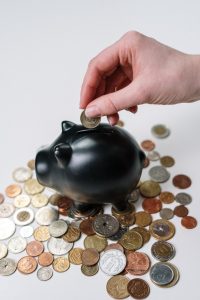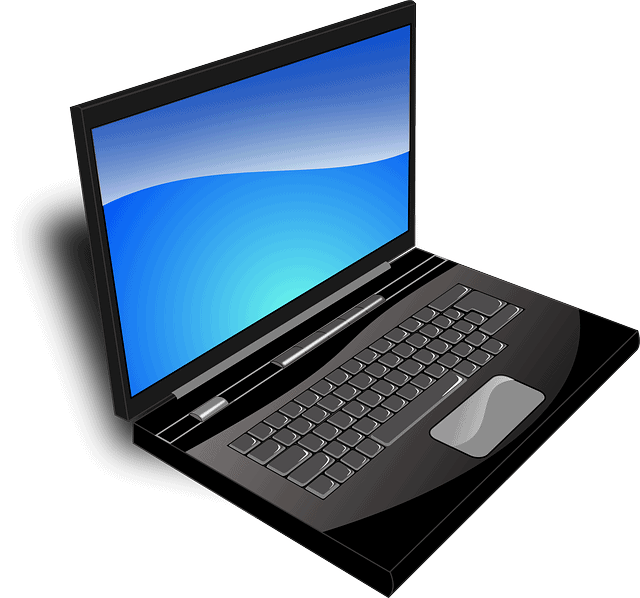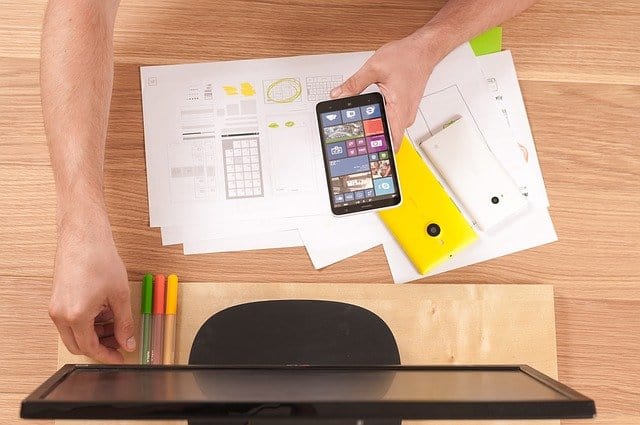While living in the digital age makes plenty of things easier and much more convenient, it also opens us up to threats and vulnerabilities that those living in previous years couldn’t have even imagined.

One of these dilemmas revolves around money. Although having access to your money through the Internet makes numerous things simpler in life, it also means that you need to know how to protect this sensitive information from prying eyes and those who would seek to take advantage of you.
To help you in this effort, here are three ways you can keep your money safe in the digital age.
Destroy Personal Information When It Leaves Your Possession
With experienced hackers and grifters, almost any personal or sensitive information can be used against you or as a way to gain access to your accounts, including your financial accounts. Because of this, the FTC advises that you always destroy any personal information that could lead back to you once it leaves your possession.
For example, when visiting an ATM for cash or other purposes, always make sure you either decline a receipt or shred that receipt before disposing of it. This rule applies to things like bank statements, your devices and their hard drives, and anything else that once held personal information that you’re no longer holding onto anymore. Then, even if someone does come across it, they can’t use it to breach any accounts that belong to you.
Use Password Best Practices
Unless you’re determined to steer clear of all technology, you’re going to be using things like banking and other financial tasks using one or more devices. This means, you’re going to have passwords that you’ll need to enter before you’re able to see your banking information. But while it can be convenient to have the same, simple password for each of your accounts, this is the worst possible thing you can be doing to protect your money.
According to Eric Rosenberg, you’re going to want to have unique and strong passwords for every account associated with you. This will ensure that, even if someone gains access to one account, they won’t be able to access any of your other accounts. Additionally, you should also try to change your passwords on a regular basis. If you have a hard time remembering them, you can always use a password manager to help.
Monitor Your Accounts Closely
Even with all your efforts to keep your financial information safe, there’s still a chance that your accounts could be hacked or breached.
To allow you to take immediate action if and when this happens, Jessica Mention, a contributor to USA Today, advises that you closely monitor all of your financial accounts on a very regular basis. Then, if even the smallest thing is amiss, you can report it and get things figured out before big issues arise.
If you’re worried about how safe your money is with all the online threats that abound, consider using the tips mentioned above to learn how you can better protect yourself and your finances.





